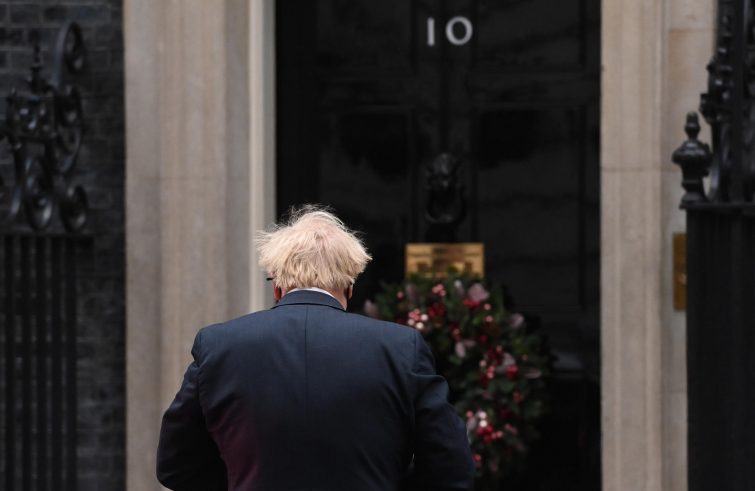
It is far too convenient and hasty to put all the blame on Boris Johnson. The British Prime Minister is confronted with one of the worst periods of Britain’s otherwise glorious history: Brexit, COVID-19, economic downturn, domestic political crisis, lack of credibility on the international arena. His own political party, the Tories, is in shambles; his wavering cabinet is uncertain about the decisions to be taken, with an unstable parliamentary majority. Coronavirus has hit the UK hard, now facing a variant that makes Europe suspicious, which thereby decided to isolate an already isolated country. And in just over a week’s time, the UK will be left high and dry as the outcome of the 2016 referendum, resulting from a widespread “Take Back Control” sentiment, will be finally implemented. A no-deal Brexit ( spawned by cross-Channel stalemates on trade, fisheries, competition, the single market and foreign citizens’ rights) would imply additional isolation for the Queen’s subjects, with a predictable aggravation of the economic crisis.
However, is it fair to pillory Boris Johnson ( who is making just one mistake after another), as some Labour MPs, Scottish and Irish critics, certain national newspapers and a large part of the European press and public opinion are inclined to do? All too simple, in fact…
The current situation of the United Kingdom is determined by countless factors:
some of which were totally unforeseeable, such as the same pandemic that is spreading across the old continent and the rest of the world (albeit with varying intensity). Moreover, the impact of the COVID-19 spans a number of areas: economic, occupational, social, psychological, relational… And yet it can’t be denied that some aspects of this situation are due to freely taken decisions: these include Brexit and the people’s election of their own leadership. Citizens can afford to freely take certain decisions and bear the consequences. Brexiteer populism, nationalist leave, are attributable to none other than a narrow majority of voters who, on June 23, 2016, decided to leave the European Union, viewed as a major hindrance to British grandeur. And as it happens in a democracy (the United Kingdom was and remains the home of democracy), the majority decides, even when it is blatantly mistaken.
One question remains. Are populism and nationalism exclusively British “viruses”?
The answer is no. Trump’s “America first” is just one example, fortunately shelved. However, populism takes many forms, spanning the European continent and beyond, with pseudo-cultural origins and electoral-political reverberations visible in several countries. We have seen evidence of this in Greece, Poland, Hungary and Turkey over the last few years. It emerged in Scandinavia, grew stronger in the Balkans and gained momentum in France, Spain, Switzerland, Belgium, the Netherlands and Germany. Nonetheless, it must be acknowledged that it enjoyed less support in some well-governed countries.
Then there is Italy, by no means exempt from populist brashness resurfacing every now and then as a national sport in the public arena, feeding on subculture slogans, and using social media as a stepping stone. Populism is thus exploited by ruthless politicians who have no interest in the good of the country but only in the next electoral term.
There are two possible ways to react to the UK’s challenging medical, economic and political situation. The first is one of utmost solidarity and closeness to a population and a country that are our friends. The second is one of diffident and preconceived regard for hasty and careless decisions taken by the people (albeit not “popular “), which could exact a heavy toll.









